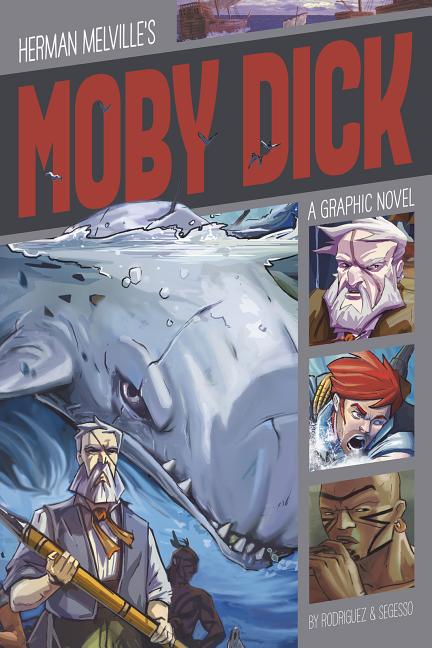


At Marsha’s Country Kitchen in Chandler, Okla., everyone stared at us as we entered - two New Yorkers and their imaginary narrator.

This world of appearances through which we were driving, real enough to us, was to Ishmael but the spiritual world protruding into our senses. A pasture of white cattle gave Ishmael the shivers. It sprang to mind at the sight of the sedimentary road cuts in rural Missouri, at the glutted rivers we passed, at harvested fields laced with frost. “Do you not find a strange analogy to something in yourself?” That was his perpetual question. Mostly, he leaned forward into the space between the driver’s and passenger’s seats, shifting between philosophical agony and philosophical reverie, looking out upon the country passing by, moralizing it for us, perpetually searching out its meaning.Īnd to Ishmael nothing escaped meaning, no matter how slight or significant it was. Sometimes Ishmael reclined at his leisure, telling his tale with an outspoken, formal bravado, the way he tells the Town-Ho story to some Spanish gentlemen in Lima in the 54th chapter. We picked him up, so to speak, on the dark, icy streets of New Bedford, round about 1851, and delivered him within sight of what he calls “your contemplative Pacific,” ageless as always.Īs “Moby-Dick” proceeded - read aloud by the sterling William Hootkins - I began to feel as though we were carrying a garrulous hitchhiker, a transcendental encyclopedist, indeed a back-seat whaler of sorts. I recently drove with a friend from my farm in New York State to Southern California, and Ishmael was our companion. Is there a stranger figure in American literature than the narrator of “Moby-Dick”? He says, “Call me Ishmael” - the very first words of the book - but that isn’t exactly the same as saying “My name is Ishmael.” He could be anyone, of any name, but Ishmael is what the reader must agree to call him before the book can get under way.


 0 kommentar(er)
0 kommentar(er)
